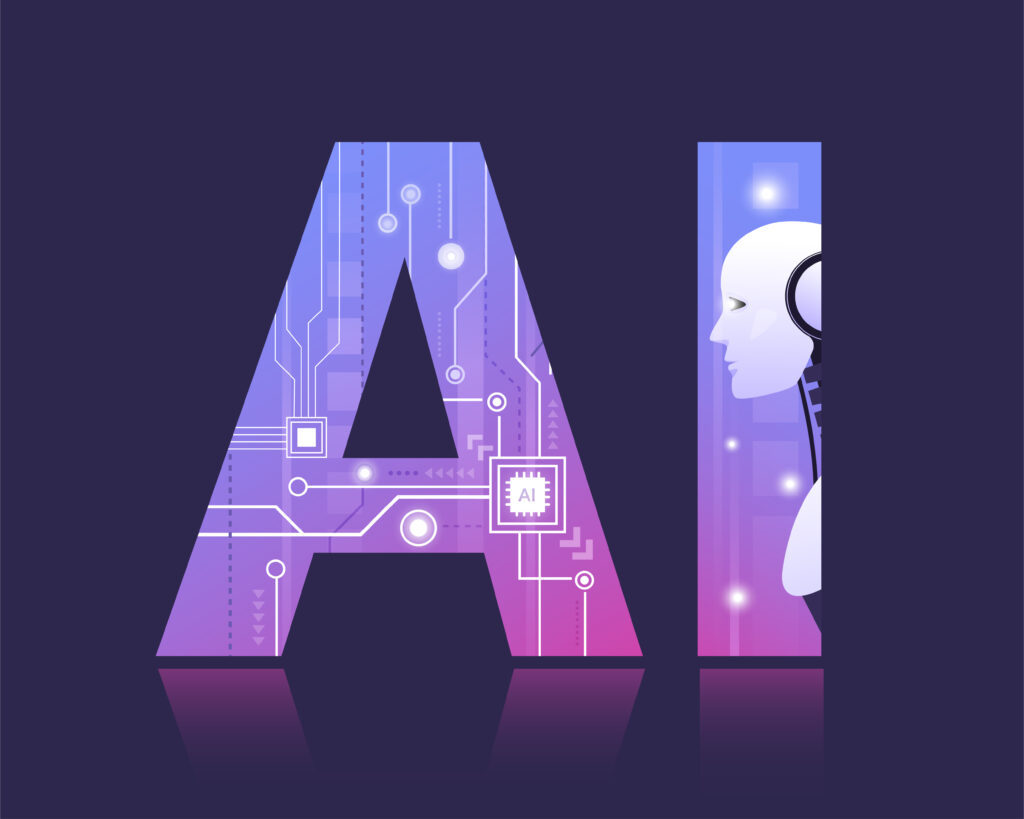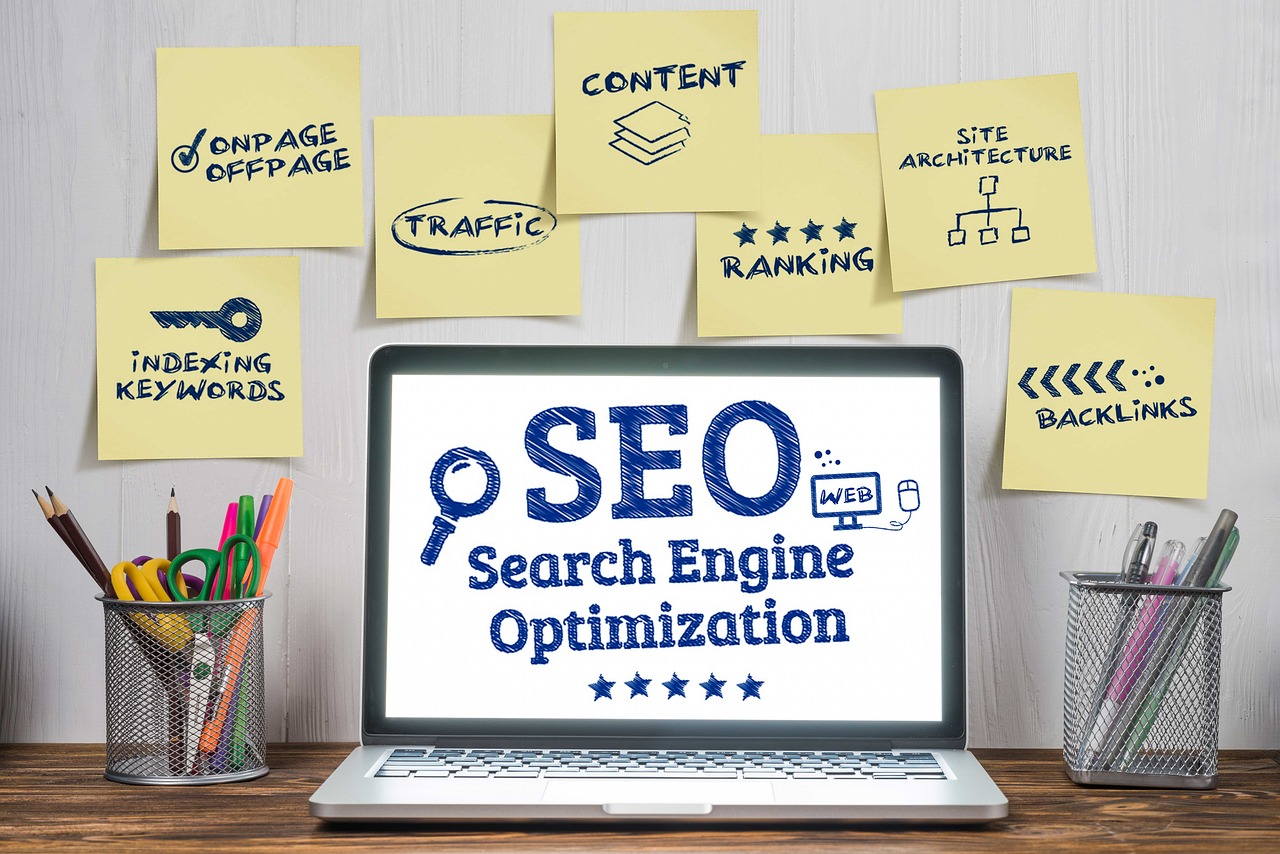Artificial Intelligence (AI) has revolutionized numerous sectors and web development is no exception. As websites have evolved from simple digital brochures to complex, interactive platforms, AI has become integral in enhancing functionality, user experience, and overall performance.
Personalized User Experience
One of the most significant contributions of AI to websites is the ability to provide personalized user experiences. AI algorithms analyze user behavior, preferences and browsing history to tailor content, product recommendations and advertisements to individual users. This personalization enhances user engagement and satisfaction, leading to higher conversion rates and customer loyalty.
For example, e-commerce giants like Amazon use AI to suggest products based on previous purchases and browsing history. Similarly, streaming services like Netflix and Spotify recommend shows and music tailored to individual tastes, creating a more engaging user experience.
Enhanced Customer Support
AI-powered chatbots and virtual assistants have become ubiquitous on websites, offering real-time customer support and significantly improving user experience. These AI systems can handle a wide range of inquiries, from answering frequently asked questions to assisting with transactions and troubleshooting technical issues.
Chatbots are available 24/7, providing instant support and reducing the need for human intervention. This not only enhances customer satisfaction but also allows businesses to save on operational costs. Advanced AI chatbots can even learn from interactions, improving their responses over time and providing more accurate assistance.
Content Creation and Curation
AI is also transforming the way content is created and curated on websites. Tools like GPT-4, developed by OpenAI, can generate high-quality written content, including blog posts, articles and product descriptions. This automation helps businesses maintain a steady flow of content without the need for extensive human resources.
Moreover, AI algorithms can curate content by analyzing user interests and suggesting relevant articles, videos and other media. This keeps users engaged by constantly providing fresh and interesting content that aligns with their preferences.
Improved Search Functionality
Search functionality is a critical component of any website and AI has greatly enhanced its efficiency and accuracy. AI-powered search engines use natural language processing (NLP) to understand user queries better and provide more relevant search results. They can also learn from user behavior to improve search algorithms continuously.
For instance, AI search solutions can handle misspellings, synonyms and context, delivering precise results even when the search query is vague or complex. This improved search experience can lead to higher user satisfaction and better overall engagement with the website.
Website Design and Optimization
AI is streamlining the website design process by providing tools that can automatically create and optimize web pages. AI-driven design tools can analyze user interactions and design preferences to suggest layouts, color schemes and content placements that are most likely to engage visitors.
Furthermore, AI can conduct A/B testing at scale, analyzing various design elements and their impact on user behavior. This allows businesses to optimize their websites continuously, improving usability and conversion rates over time.
Security and Fraud Detection
Website security is a paramount concern for businesses and users alike. AI enhances security measures by detecting and mitigating threats in real-time. AI algorithms can identify patterns and anomalies that may indicate malicious activities, such as hacking attempts or fraudulent transactions.
By using machine learning, these systems can evolve and adapt to new threats, providing robust protection against cyberattacks. This not only helps in safeguarding sensitive user data but also in maintaining the integrity and trustworthiness of the website.
Accessibility Improvements
AI is also playing a crucial role in making websites more accessible to people with disabilities. AI-driven tools can provide real-time transcription of audio content, generate alt text for images, and offer navigation assistance for visually impaired users. This inclusivity ensures that websites are usable by a broader audience, complying with legal standards and enhancing overall user experience.
From personalized experiences and enhanced customer support to improved design and robust security, AI is enabling websites to be more responsive, efficient, and user-centric. As AI technology continues to evolve, we can expect even more innovative applications that will further enhance the functionality and appeal of websites, driving growth and satisfaction in the digital age.








